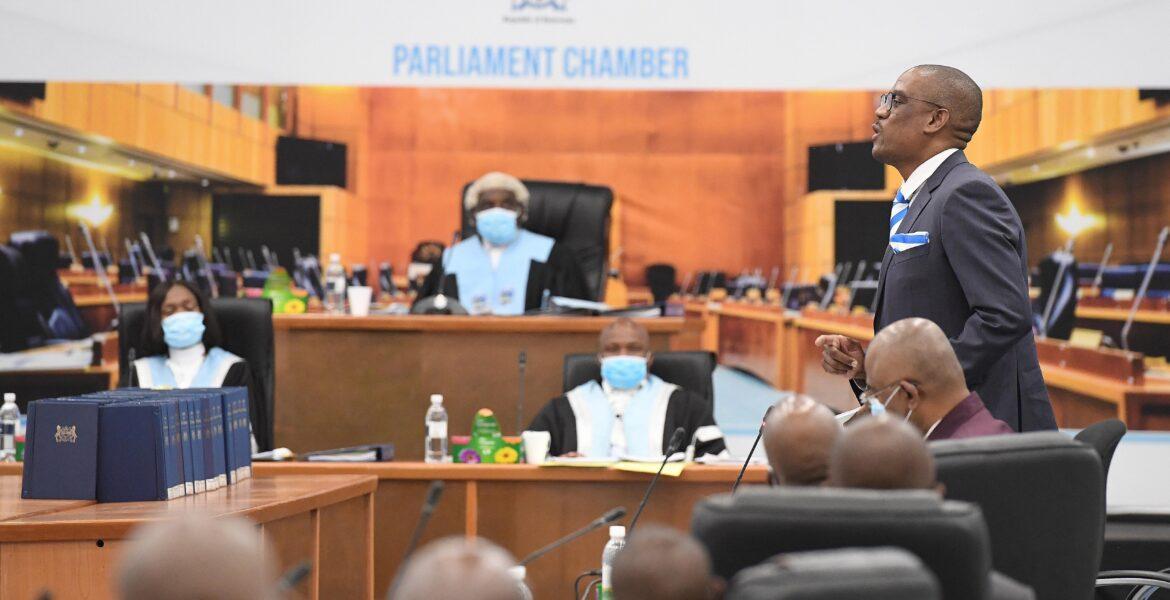Africa-Press – Botswana. Government has been requested to come up with interventions that will reconcile wildlife conservation with livestock production at Hainaveld ranches.
A commercial farmer from Hainaveld ranches, Mr Simon Bojosi told in an interview that farmers were running businesses at a loss due to marauding lions from neighbouring game ranches that prey on their cattle.
Commercial livestock rearing is practised in ranches at the Hainaveld area that were demarcated under the Tribal Grazing Land Policy to encourage commercialisation of the livestock sector and also reduce overgrazing on communal rangeland.
Mr Bojosi said the Ngamiland Integrated Land Use Plan guided land use through zoning and control of development, but it seemed that majority of game farmers did not conduct the environmental impact assessment (EIA) as per the Environmental Assessment Act and they were issued with permits to operate hence the conflict.
The Act provides for an EIA to assess potential effects of planned development activities, he said, further questioning what informed the land board to change land use as the area was designated for cattle rearing.
While, he appreciated the importance of tourism towards the country’s economic growth, he called on the relevant authorities to come up with mitigation measures to arrest the situation.
“I have lost over 100 cattle since 2013 to date because of the lions and the compensation given was too little. We are commercial farmers and our animals are worth more than the compensation we are given,” he said.
Mr Bojosi noted that elephants had also relocated to the ranches wreaking havoc.
Local conservationist, Mr John Benn concurred that lions were terrorising Hainaveld farmers despite the government effort to come up with a policy that facilitated growth and commercialisation of the country’s livestock industry on a sustained basis.
He said it would not be possible to eradicate all conflicts, adding that they could be minimised through proactive interventions for the benefit of both game ranchers and livestock farmers.
“Wildlife conservation is widely appreciated as the animals also add value to the growth of our economy and on the other hand, livestock represents an important source of status and well-being for the vast majority of the communities hence we should strike a balance,” he said.
Senior wildlife officer, Mr Mogotsi Modise said from July this year to date, they registered four reports of human wildlife conflict from farmers. Efforts were made to respond by trans-locating the lions to protected areas such as game reserves and parks, he said.
“We have realised that lion population is in decline hence we encourage people to report conflict instead of killing them in self-protection,” he added.
Meanwhile, the director of Okavango Research Institute Prof. Joseph Mbaiwa had previously said the inclusion in the decision making of the communities living adjacent to wildlife areas was key to addressing issues of human/wildlife conflict and achieving conservation of natural resources.
For More News And Analysis About Botswana Follow Africa-Press






